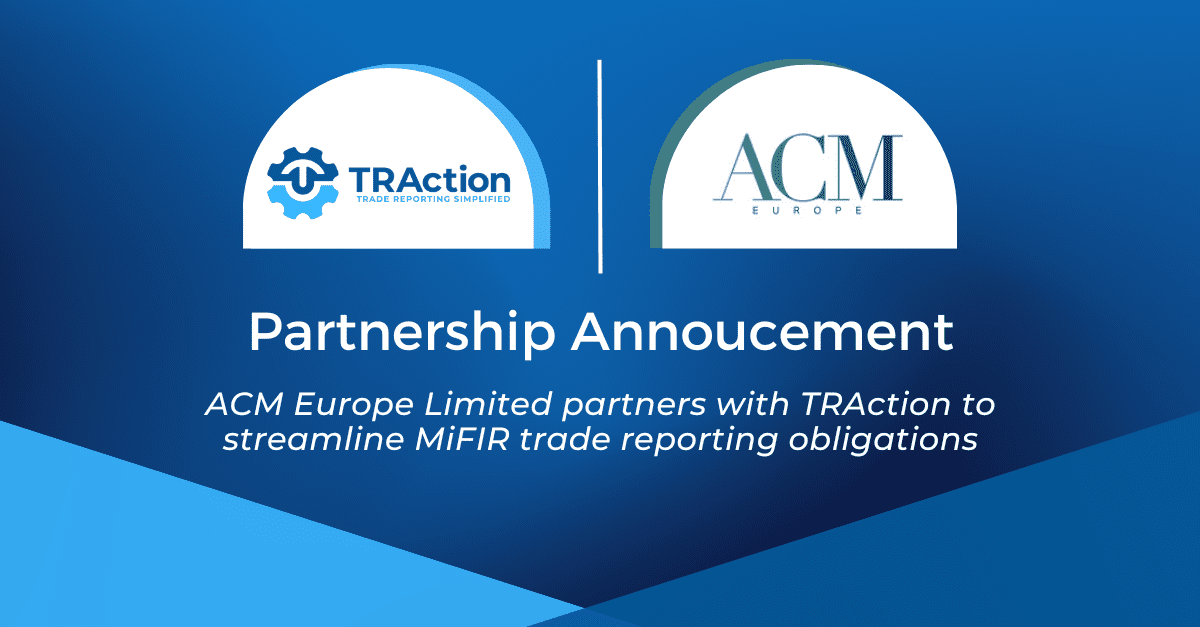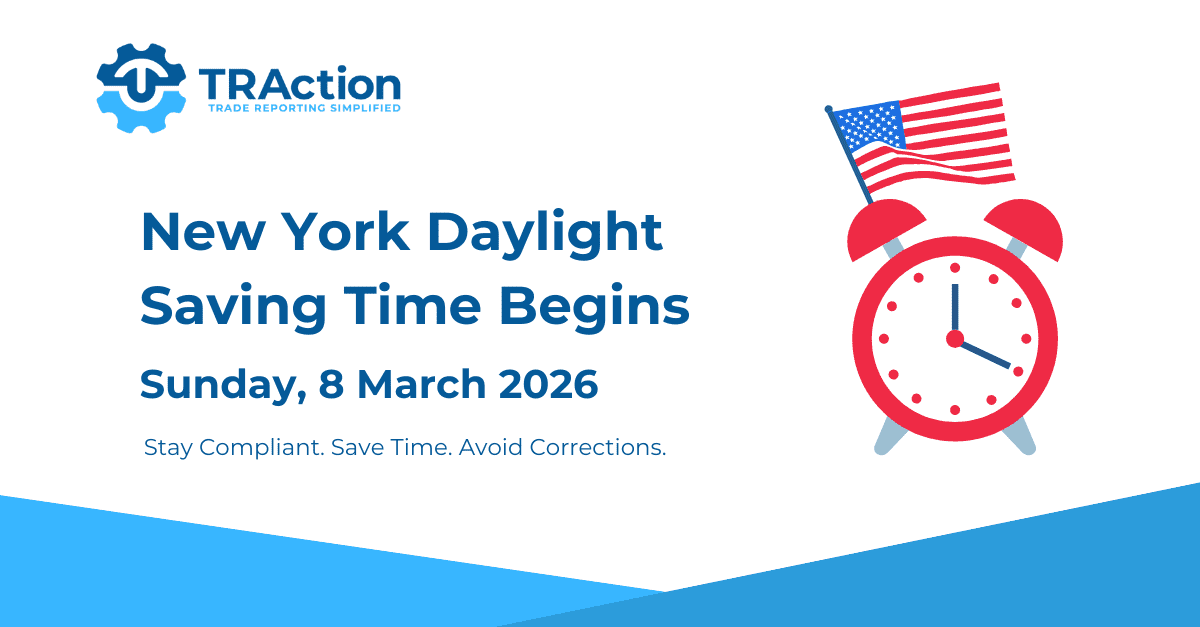Historically there was ambiguity as to whether cryptocurrency assets (“crypto-assets”) should be treated as financial instruments and therefore reported under the various global transaction reporting regimes.
As the popularity of crypto-assets sweeps the market internationally, both ESMA and the FCA have been working to amend the EU and UK regulations – EMIR and MiFIR to support the adequate reporting of crypto-assets.
EMIR Refit has recently come into effect on 29 April 2024 for EU firms and provides clarity around the reporting of crypto-assets i.e. that they do have to be reported. The FCA has followed ESMA in their approach by revising the UK EMIR Rules with UK EMIR Refit – effective on 30 September 2024. Other regulations such as MiCA add even more clarity to the overall treatment of crypto-assets in the financial system.
EMIR Refit – EU & UK
ESMA has clarified that derivatives on crypto-assets which fall within the EMIR definition of ‘derivative’ or ‘derivative contract’ are to be reported and the details surrounding the derivative should be reported based on the existing regulatory framework. For example, if a derivative on a crypto-asset is considered to be a financial instrument within the scope of MiFID, then reporting is required in line with the general parameters of reporting under EMIR.
The FCA are of the view that derivatives on crypto-assets should be reported under the asset class of the crypto-asset they are based on with a clear exception of not being reportable under the currency asset class. They provided examples to clarify this point:
- A derivative on security tokens comparable to traditional shares would be reportable as an equity derivative.
- Where derivatives do not easily fall into a specified asset class, they should be reportable under an asset class most closely corresponding to the derivative.
- Derivatives on unregulated exchange tokens that are not clear on which specified asset class they fall under e.g. bitcoin and ether, are reportable under the commodity asset class given that commodities are the most closely aligned derivative to those crypto-assets.
Under EU EMIR Refit, where a derivative contract with the underlying being a crypto-asset is entered into, the counterparty needs to populate the field 2.12 ’Derivative based on crypto-assets‘ with ’True’. The RTS now includes an additional field named ’Derivative based on crypto-assets‘ for counterparties to tick if applicable based on a true or false value.
Under UK EMIR Refit, the same field and details to report apply in Item 12 – Section 2b under Table 2 of the Annex.
This additional field in both EU and UK EMIR Refit will allow easier tracking of trading volumes and outstanding risk in crypto-assets as well as the current way they are being reported.
It is important to note that under EMIR reporting, the currency fields only permit population of the currencies listed on ISO 4217 Currency Codes which means these fields are not to be populated with codes relating to crypto-assets that are commonly denominated “crypto-currencies”.
MiFIR
Currently, to be reportable under EU MiFIR, the instrument has to be traded on a trading venue, or the underlying has to be traded on a trading venue, within the EEA. To be reportable under UK MiFIR, the instrument has to be traded on a trading venue, or the underlying instrument has to be traded on a UK, Gibraltar or EU trading venue.
The only venue listed cryptocurrencies we are aware of are Bitcoin and Ether Futures listed outside the EEA (on CBOE and CME) so we currently don’t see crypto-assets as reportable under MiFIR.
Application of the EU & UK Regulations on OTC and ETD crypto-assets
| Scenario | Buyer | Seller | Who has the obligation to report? |
|---|---|---|---|
| (a) | EU IF | EU IF | EU IF Seller |
| (b) | EU IF | Non-EU IF | EU IF |
| (c) | Non-EU IF | EU IF | EU IF |
Are all crypto CFDs reportable or just Bitcoin CFDs?
TRAction would expect that if a CFD on Bitcoin is reportable, then all Crypto CFDs are reportable.
When did the reporting obligation for Crypto CFDs commence?
Under EMIR, the reporting obligation commenced on 12 February 2014 for derivative contracts and given EMIR Refit’s confirmation that derivatives on crypto-assets (e.g. bitcoin) or a derivative with a crypto-asset as an underlying are reportable, the same commencement date would also apply to Crypto CFDs.
Is there a backloading requirement for reporting Crypto CFDs?
Yes, if you agree with TRAction’s assessment about the reportability of Crypto CFDs, the backloading requirement applies to Crypto CFDs. The reporting obligation applies to derivative contracts which:
(a) were entered into before 12 February 2014 and remain outstanding on that date; or
(b) were entered into on or after 12 February 2014.
What should I do next?
We suggest that you review your current product offering and determine whether your Investment Firm has offered or transacted in any crypto-assets or CFDs. Where you have done so, this is what you need to do:
- Check if they have been reported
Where any crypto CFDs have not been reported:
- Consider whether all previous transactions should be backloaded under EMIR and MiFIR
- Consider whether you need to lodge a breach report to your NCA
- Make sure you update your systems and processes to ensure daily reporting of all cryptocurrency derivatives along with your other reportable transactions.
What’s the best way to get compliant?
Regardless of whether you are a current client of TRAction or not, we are happy to review your specific situation and provide our perspective free of charge. Please contact us.




